Paratransit
Paratransit is a set of mobility services operated by a large number of small entrepreneurs and using a wide range of transport modes: buses, minibuses, taxis, private cars, three and two-wheelers, and boats. The paratransit sector thus brings together a range of transport services, more or less collective, offering particularly varied transport solutions, generally very flexible but sometimes also more conventional. The word “artisanal” is used in the French term because it refers to a sector characterised by individual entrepreneurship, most often by the absence of subsidies and public intervention, and by a commercial operation that is primarily profit-driven.
Guidelines and methodologies
From the onset of a paratransit reform process, mobility practitioners require a good understanding of the sector. This includes an accurate definition of these services and their overall characteristics, as well as a comprehensive assessment of the local situation. MobiliseYourCity provides methodological guidance on how to conduct a diagnosis of the paratransit sector, as well as guidance on the possible contractual arrangements available to public authorities to regulate and define their relationship vis-a-vis operators.
-
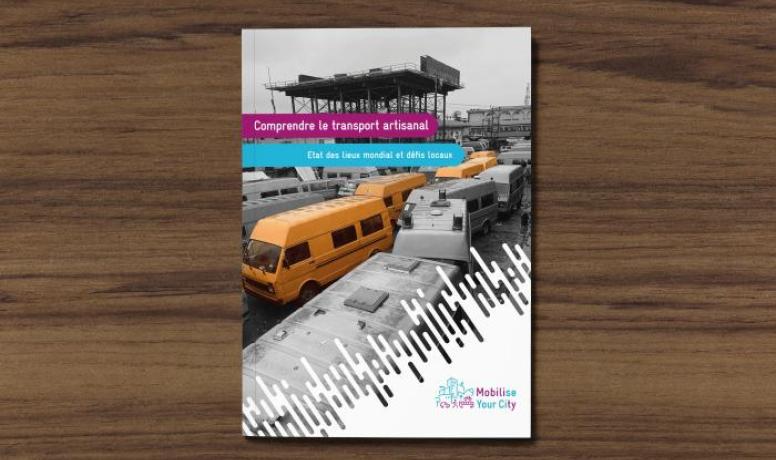
Tool I | Understanding Paratransit
The toolkit now consists of 4 documents. The first document provides the main keys to understanding the sector, in particular by reviewing the main characteristics ...
Read More -
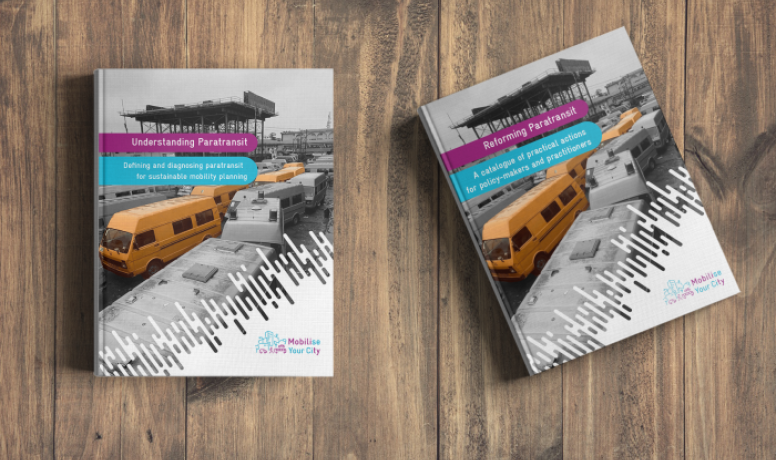
Tool II | Conducting a paratransit diagnosis
The second document proposes a diagnostic framework, based on six major questions that place the analysis of the actors, their strengths and weaknesses and their ...
Read More -

Topic guide - Paratransit contracting options
This topic guide has been developed as part of a broader initiative offering light technical and advisory support. Available in English.
Read More -
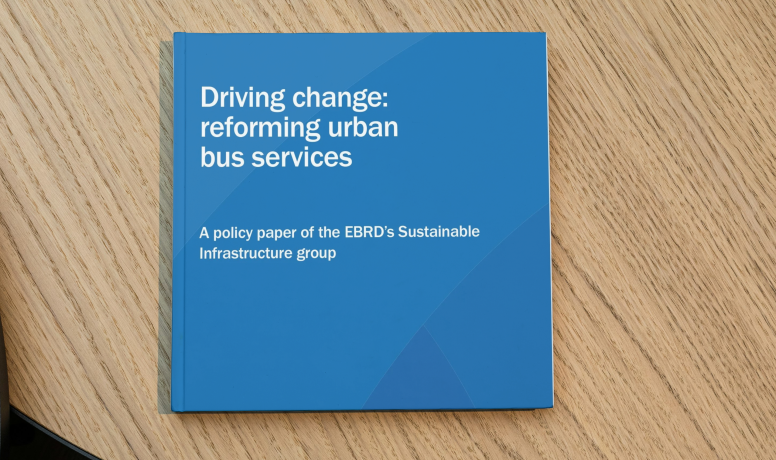
Reforming Urban Bus Services - Policy Paper EBRD
This bus sector reform policy paper is for city authorities who seek to transform bus services in response to user expectations and environmental challenges.
Read More -
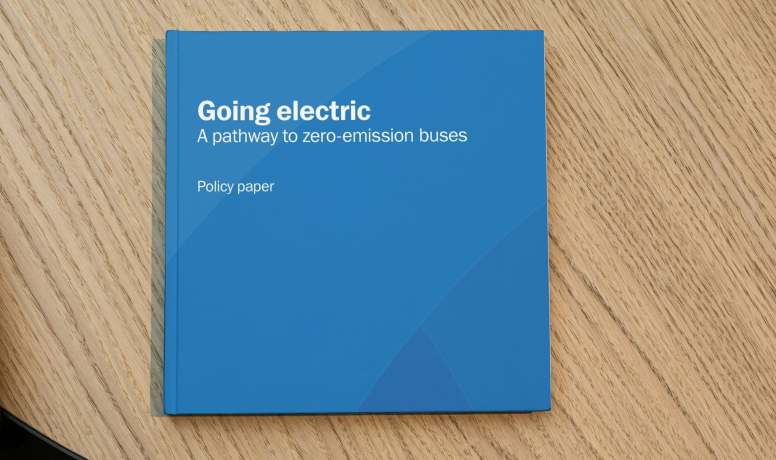
Going electric: a pathway to zero-emission buses
The Policy Paper ‘Going electric - A pathway to zero-emission buses’ is intended to facilitate policymaking and the development of electric bus schemes, and to assist project ...
Read More
Tools to operationalise
A myriad of actions are available to decision-makers in their endeavours to improve paratransit and integrate it in the urban mobility ecosystem. To facilitate the identification of the right approach and the inclusion of these services in the sustainable urban mobility planning process, MobiliseYourCity provides a comprehensive catalogue of individual actions to prepare, support, and implement sectoral reforms.
-
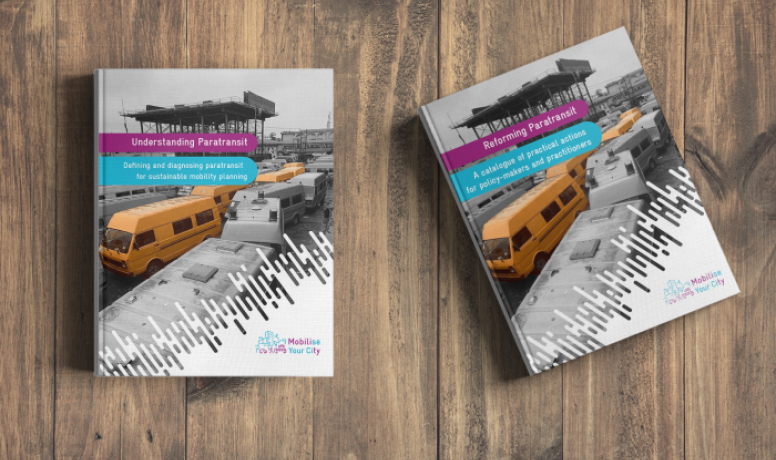
Tool III | Reforming Paratransit
The third document offers a user-friendly catalogue of 50 practical measures to help local and national governments reform small-scale transport at the click of a ...
Read More
Training materials
This set of training materials intends to equip practitioners of sustainable urban mobility with the required content to replicate training sessions on topics relevant to integrating paratransit into sustainable urban mobility plans. The topics cover digital mapping and contracting options of paratransit services.
-
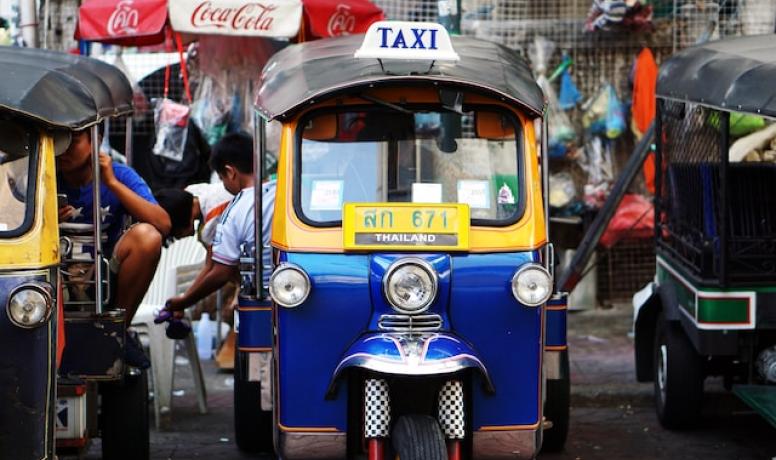
Training Materials | Contracting options for paratransit reform
This training set focuses on introducing contracts between public authorities and paratransit operators to develop a robust and adequate regulatory framework to address significant challenges ...
Read More -
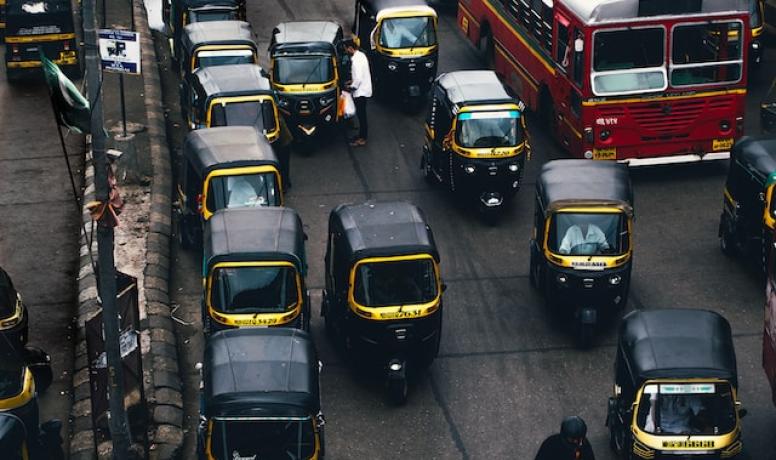
Training Materials | Mapping paratransit services
This training set focuses on digital mapping as a project and how it can be designed and planned. This would entail the most common challenges ...
Read More
Case studies
The case studies on paratransit highlight the problems that have been encountered in the process of reforming small-scale transport around the world and the best practices for solving them.
-
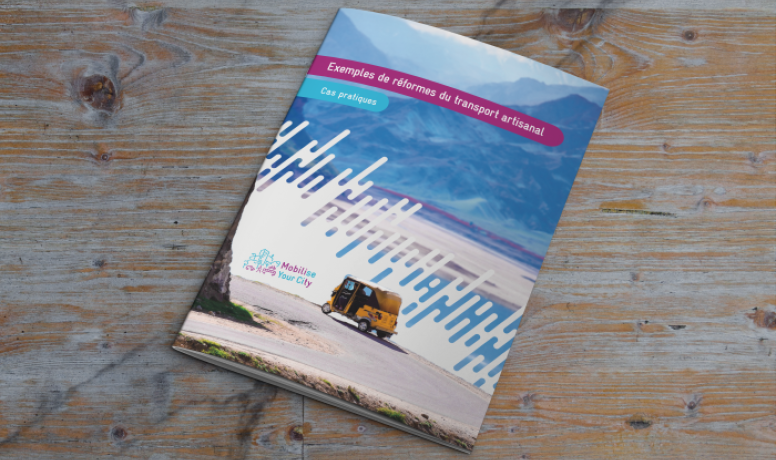
Tool IV | Examples of paratransit reform - Case Studies
The fourth paper presents 11 case studies of cities that have already reformed or are reforming their transport provision on a small scale. These cases ...
Read More -
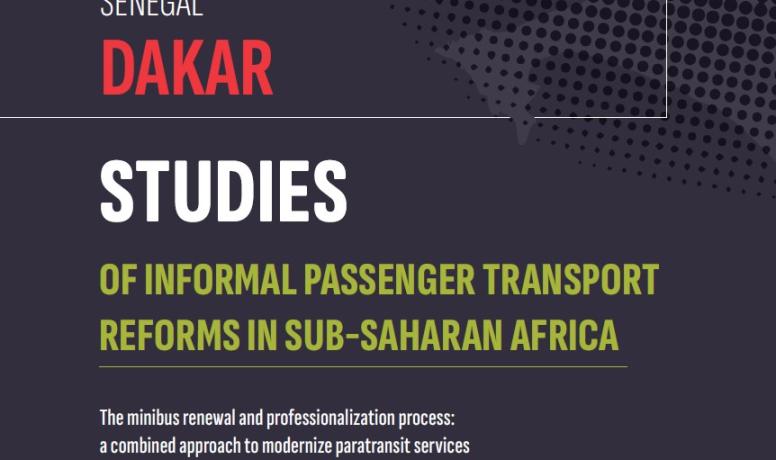
Studies of Informal Passenger Transport Reforms in Sub-Saharan Africa | Dakar
“The minibus renewal and professionalization process: a combined approach to modernize paratransit services in Dakar, Senegal,” is one of eight case…
Read more -
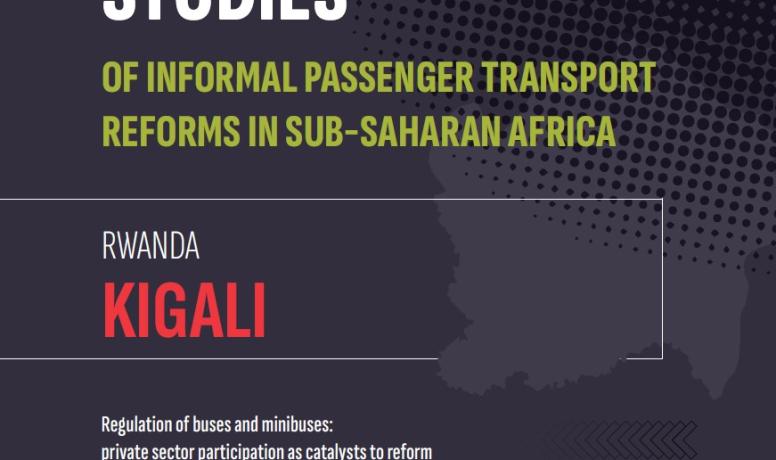
Studies of Informal Passenger Transport Reforms in Sub-Saharan Africa | Kigali
“The Regulation of buses and minibuses: private sector participation as catalysts to reform in Kigali, Rwanda,” is one of eight case studies part of…
Read more -
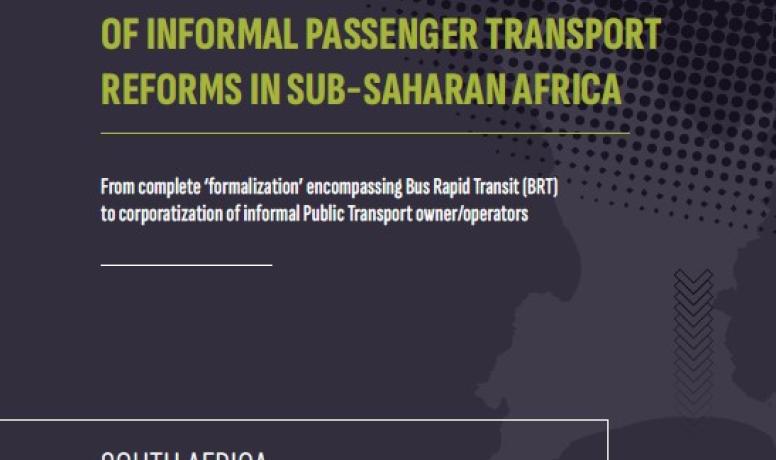
Studies of Informal Passenger Transport Reforms in Sub-Saharan Africa | Cape Town
“From complete formalization encompassing Bus Rapid Transit (BRT) to the corporatization of informal Public Transport owner/operators: Cape Town,…
Read more -
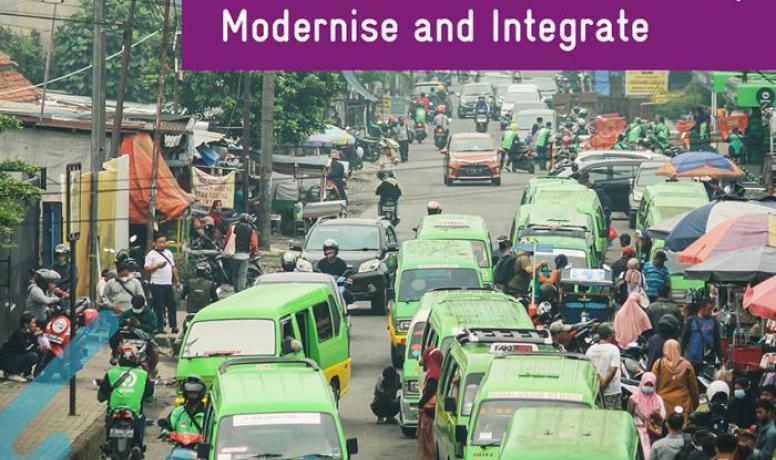
Paratransit in Asia: Scalable Solutions to Reform, Modernise and Integrate
Find the link below to download the “Paratransit in Asia: Scalable Solutions to Reform, Modernise and Integrate” (English)
Read More
Paratransit Decarbonisation
This section presents the studies and findings of MobiliseYourCity on Paratransit Decarbonisation.
-
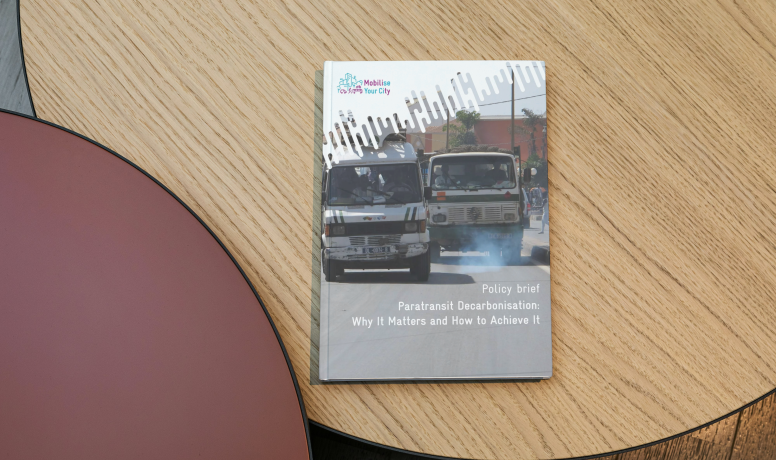 Jan 14 2025
Jan 14 2025
Paratransit Decarbonisation: Why It Matters and How to Achieve it
Paratransit systems can be significant contributors to transport-related emissions. This policy brief highlights the urgent need for paratransit decarbonisation.
Read more
